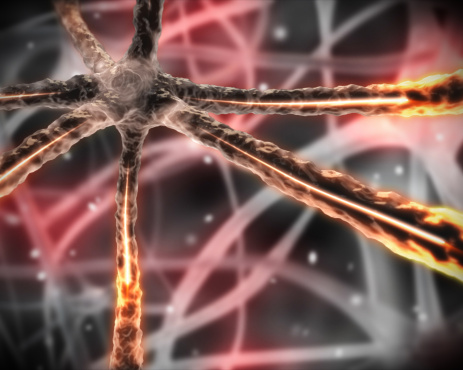Based on new studies of stress responses, mitochondria—the cell’s powerhouses of energy production—may actually play a significant role in mind-body interactions. This new information, which comes out of the Children’s Hospital of Philadelphia, may have broad implications for the analysis of both human psychology and neurological disease.
Led by Douglas C. Wallace, Ph.D., a pioneering scientist in mitochondrial medicine, the study involved the subjection of mice to standardized psychological stress. Researchers specifically focused on the effects of these stressors on the animals’ neuroendocrine, inflammatory, metabolic and gene transcription systems; in humans, each of these factions is involved in behavioral responses to stress.
The study showed that in the mice, relatively mild mutations in mitochondrial genes produced unique whole-body stress response signatures, indicated by physiological and gene expression patterns.
According to Wallace, these findings show that these alterations affect how mammals respond to stressful changes in their environment, which has profound implications for the hereditary basis of neuropsychiatric diseases and the role of stress in human’s health.







